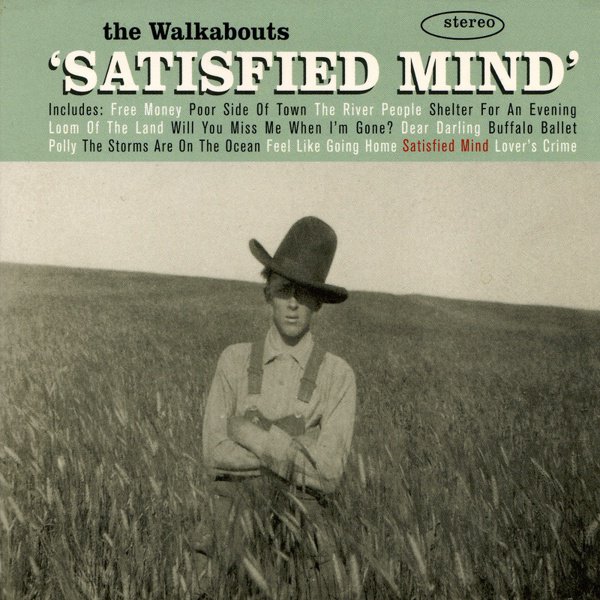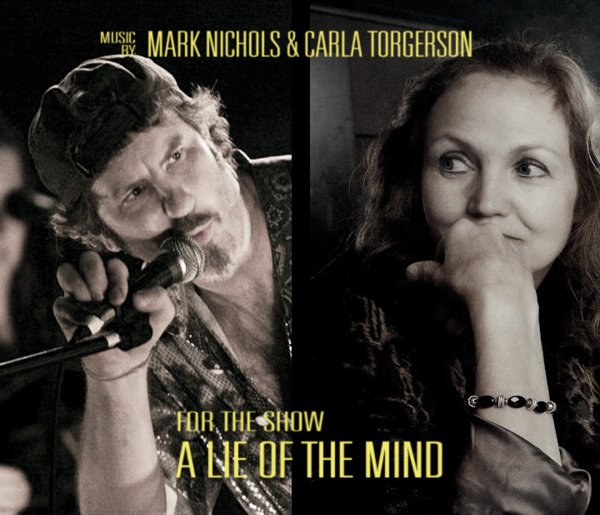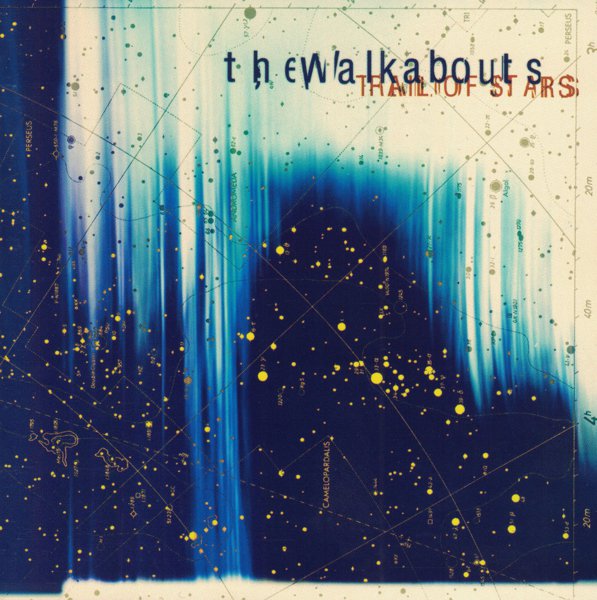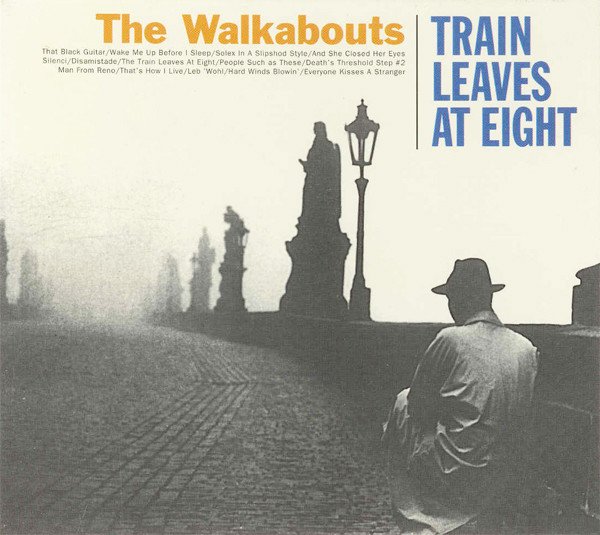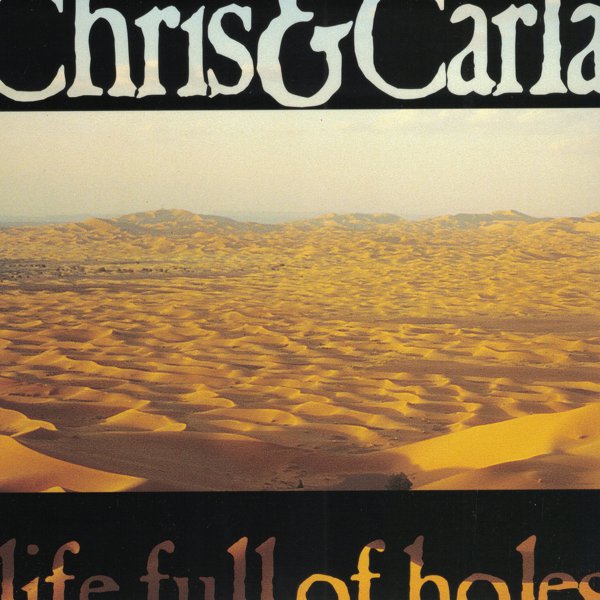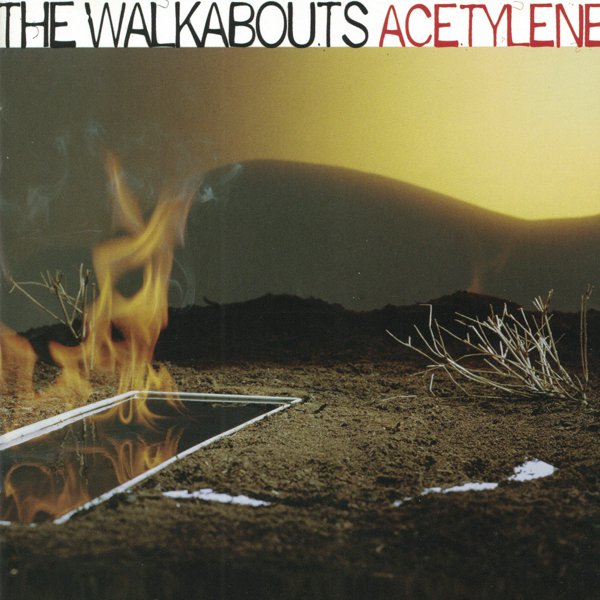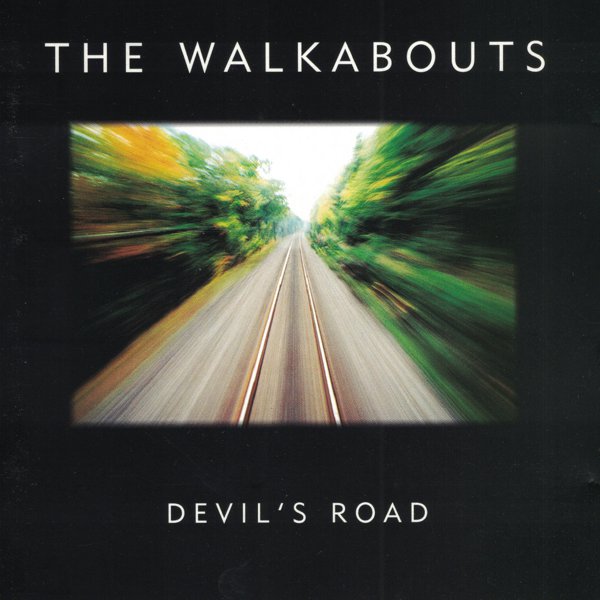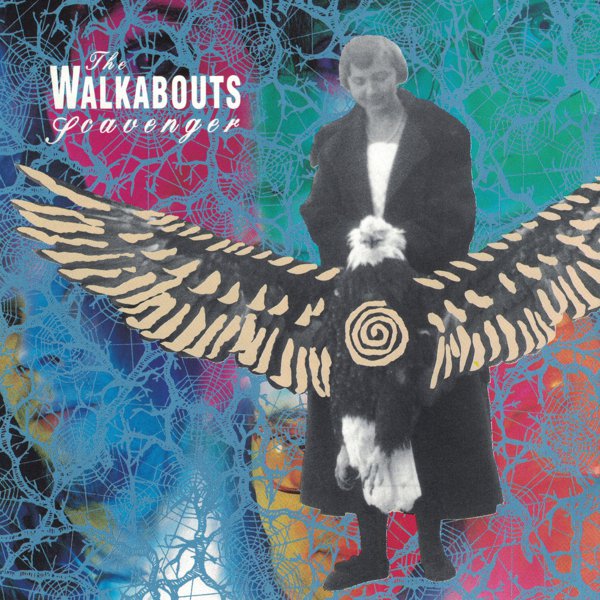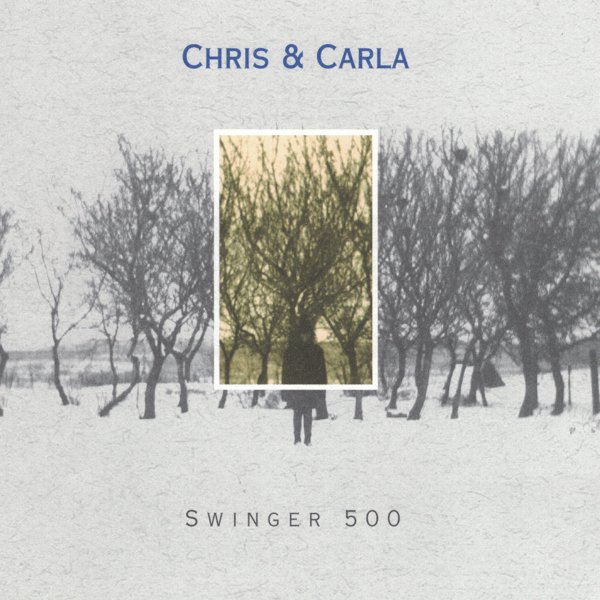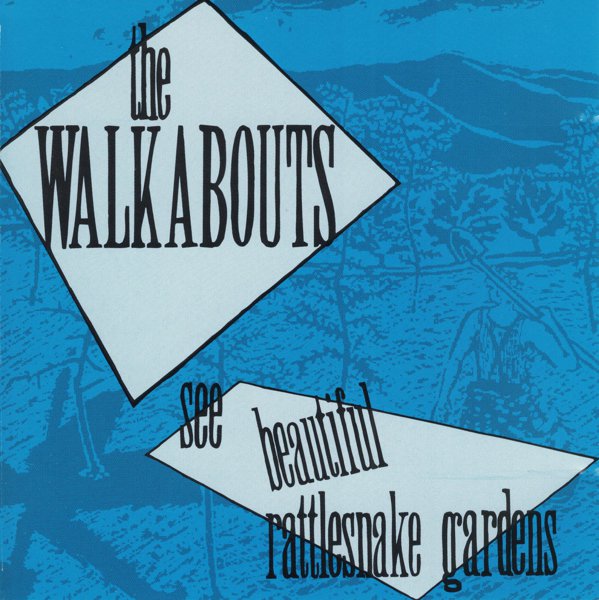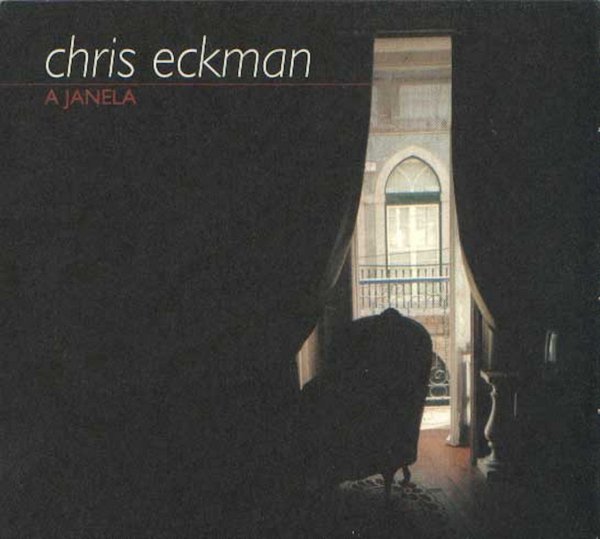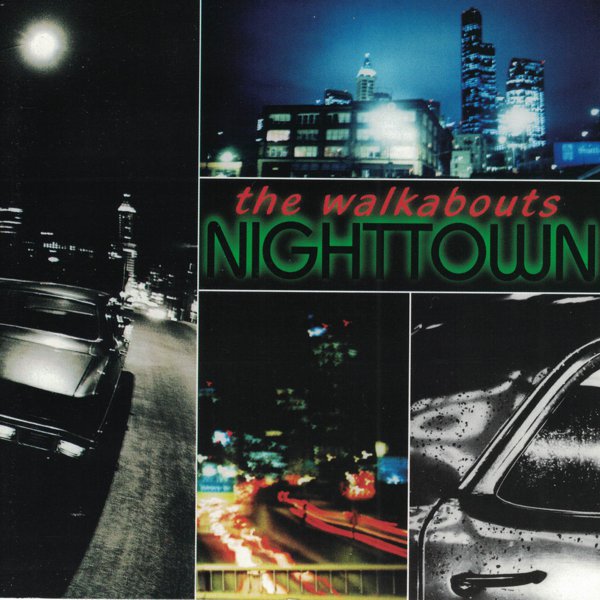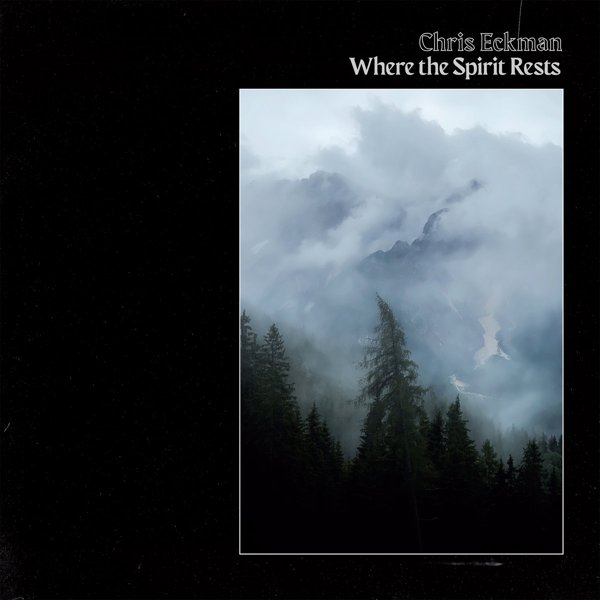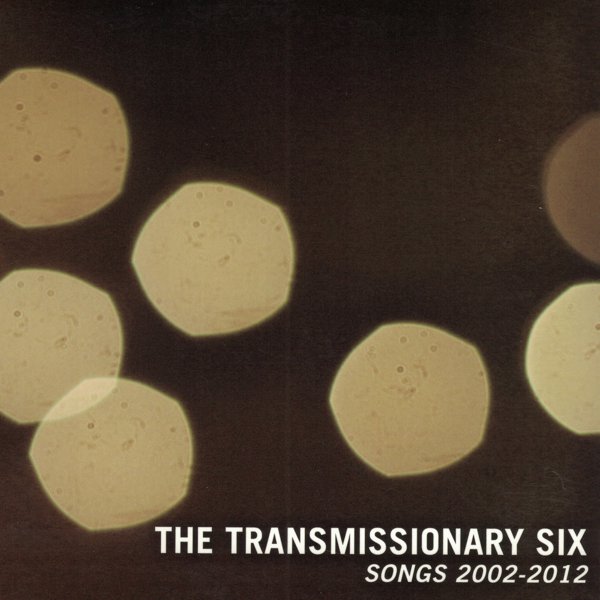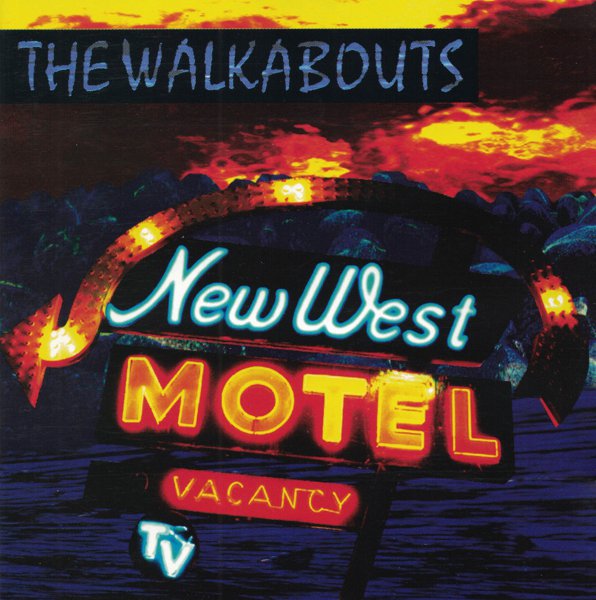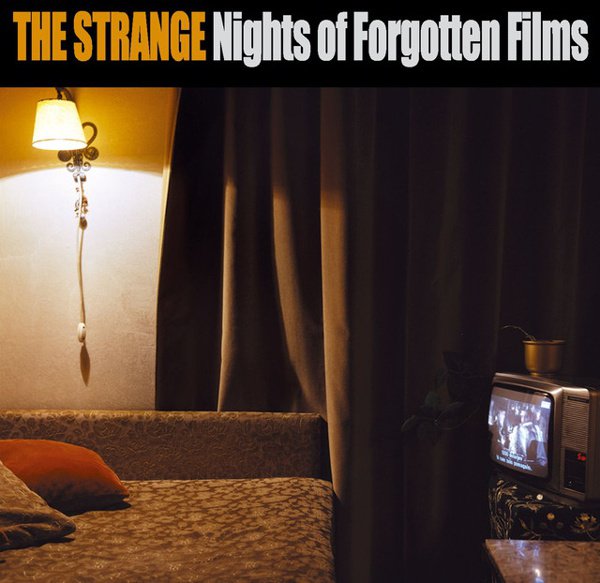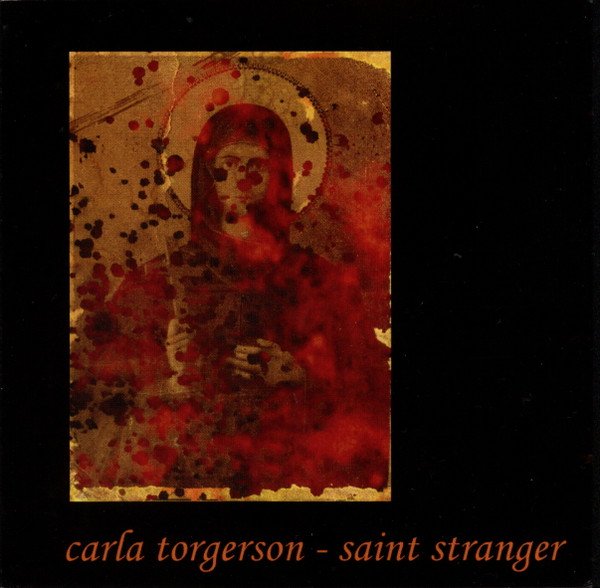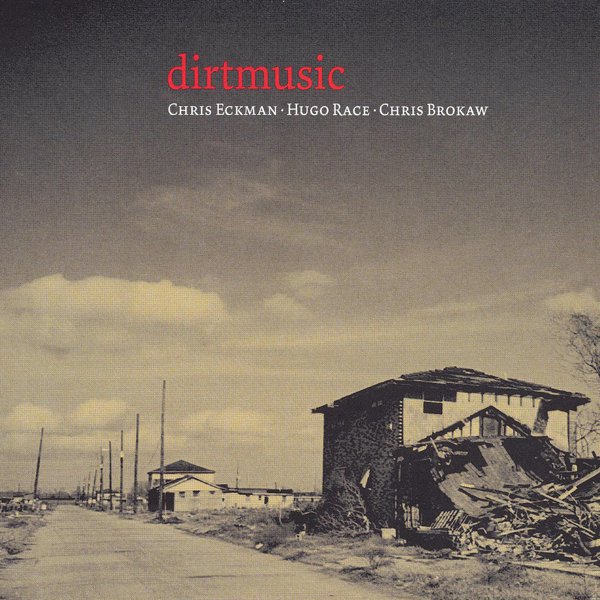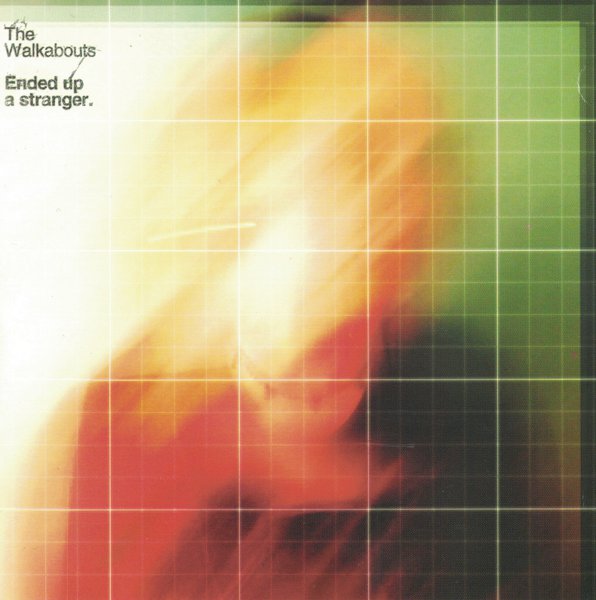Whitman College in Walla Walla, Washington, a town known most for its name and for agriculture, may not seem likely as the birthplace of a remarkable band. But when students Chris Eckman, who had been playing around with his brothers in various punk acts, and Carla Torgerson, inclined to folk-inspired work, met and hit it off in 1983 and moved to Seattle the following year, the result was the birth of the Walkabouts, arguably one of the most overlooked and underrated bands of its time. Well before ‘Americana’ became a catchall term for any number of acts blending various roots musics old and new, the Walkabouts provided an ideal example of the form. In their early years they effortlessly combined blues, country, folk, early rock and roll and rhythm and blues, classic rock, punk, art-rock and much more besides, then on later albums they developed a stately, dramatic elegance drawing on any number of acts from or based in Europe in particular, where they received most of their recognition. They weren’t the only American band aiming for similarly broad ranges, but compared to fellow American acts ranging from Los Lobos to Wilco, the Walkabouts’ story and work remains little known in their home country.
Following an initial EP, 1985’s 22 Disasters, the group first settled into a four person lineup with Eckman’s brother Grant on drums and Michael Wells on bass. After See Beautiful Rattlesnake Gardens, a debut album on Seattle’s PopLlama label, the group perhaps unsurprisingly ended up on Sub Pop, with drummer Terri Moeller later replacing Grant Eckman in 1991. Keyboardist Glenn Slater had already joined in 1989, forming what, aside from some time without Wells and, briefly, Moeller, would be the most well-known version of the group for the rest of their time together. While Torgerson and Eckman’s singing and guitar work would always be the core of the Walkabouts — accentuated by a separate side career by the two simply called Chris and Carla — said quintet lineup’s ability to flesh out and provide a full drive, subtle detail and everything in between to those songs is what made them so remarkably special album after album.
Releases on Sub Pop included albums such as 1991’s Scavenger and 1993’s New West Motel, showing the Walkabouts rapidly perfecting their approach with fire and grace, their songs often sympathetic and well-observed stories of people on fringes or overlooked in the wider culture, character studies set to music. By the mid-1990s their approach was starting to resonate far more in Europe than at home, leading to a major label breakthrough there with 1996’s Devil’s Road and what would become their signature song, the stirring beauty of “The Light Will Stay On.” By this point Chris and Carla as a duo had released a studio debut and two live albums; both their act and the Walkabouts as a whole increasingly featured striking orchestrations, tipping a hat to acts like Lee Hazlewood and Scott Walker. Meantime, many bands and singers whose songs the Walkabouts loved featured in various one-off and live sessions and via two covers collections in particular, 1993’s Satisfied Mind and 2000’s The Train Leaves at Eight.
Tragedy struck when their late 1990s bassist, Mad Season member John Baker Saunders, died of an overdose in 1999, but the group continued on with involving albums like 2001’s Ended Up A Stranger and the angrier kick of 2005’s Acetylene, again gaining more attention and regular distribution on the German Glitterhouse label rather than back in the US aside from occasional reissues and compilations. Eckman and Torgerson separated personally during this time, continuing with both the Walkabouts and Chris and Carla while they individually pursued further solo work, with Torgerson releasing a 2003 collaborative soundtrack to a production of Sam Shepard’s A Lie of the Mind, then a full solo album the following year, Saint Stranger. Eckman had started his own irregular solo career beforehand with 1999’s A Janela and collaborated with other musicians on projects such as The Strange and Dirtmusic, as well as maintaining strong creative links with the Norwegian band Midnight Choir. Meantime Terri Moeller had started her own enjoyable side project, the Transmissionary Six, with the Willard Grant Conspiracy’s Paul Austin.
2011’s Travels in the Dustland carried the Walkabouts story to almost three decades, with the Berlin live album that followed providing a snapshot of the subsequent tour in the country and continent that had always appreciated their work the most. It turned out to be a final bow, however, with Eckman confirming in a 2015 interview that the group had formally broken up. Eckman’s solo and collaborative work, including the trio Distance, Light & Sky, has continued from his longtime home in Slovenia, while he has also become an active champion of a variety of musicians from throughout Africa in particular via the Glitterbeat label. As of 2022, Torgerson, whose initial plans for post-Walkabouts recording were interrupted by COVID, was set to begin work on her next solo album in turn. The Walkabouts are now a legacy, much of their work and that of its members’ side projects now regularly made available in America via Michael Wells’s Drums and Wires label, but that legacy is a rich and deep one still waiting for a proper appreciation in the home that never fully grasped what a treasure it had in them.

